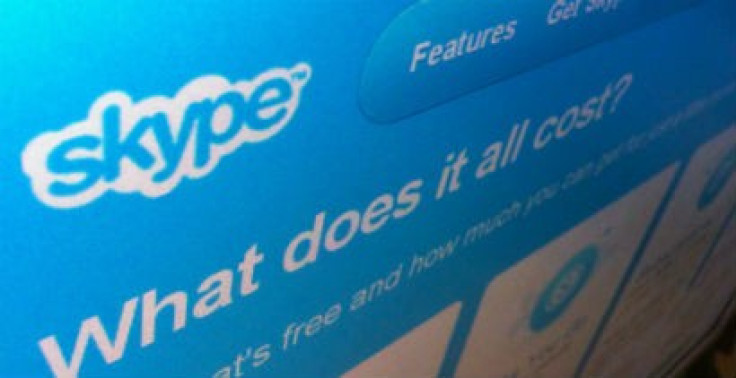Microsoft Helps NSA to Access Your Skype, Outlook, Hotmail and SkyDrive Accounts
The latest leaks from NSA whistleblower Edward Snowden shows the security agency was working closely with Microsoft to secure data from Skype, SkyDrive, Outlook and Hotmail.

As well as revealing the extent of the relationship between Washington and Silicon Valley, the latest documents to be leaked claim to show the National Security Agency (NSA) has been sharing the information collected through the Prism programme with the FBI and CIA in what has been described as a "team sport."
The latest set of top-secret NSA documents revealed by the Guardian suggests the NSA was working closely with both FBI and CIA. The NSA has even "automated" the sharing aspects of data with the other two agencies.
The NSA "enables our partners [FBI and CIA] to see which selectors [search terms] the National Security Agency has tasked to Prism," according to a NSA newsletter dated 3 August, 2012 and provided to the Guardian by former NSA employee Edward Snowden.
The document added, "The FBI and CIA then can request a copy of Prism collection of any selector......these two activities underscore the point that Prism is a team sport!"
Intimate relationship
The latest leaks also reveal the extent to which tech giant Microsoft has allegedly conspired with the NSA in sharing user information from its Skype, SkyDrive, Oulook and Hotmail services.
The documents, leaked by whistleblower Snowden, throw light on the intimate relationship between the security agency and Silicon Valley.
According to the leaked documents, Microsoft helped the NSA to get around its encryption processes in order to address specific concerns the security agency had about the company's new Oulook.com portal which went live earlier this year.
The company is believed to have worked with the FBI's Data Intercept Unit in order to "understand" potential issues pertaining to a certain feature in the Outlook portal which will enable users to communicate using pseudonyms.
Skype
The documents also give a clearer picture of how the Prism programme works with Skype. According to the documents Skype joined the programme in February 2011 after it was served with a directive to comply signed by the attorney general - and eight months before it was bought by Microsoft.
Initially only the voice data was able to be collected by Prism but "substantial efforts" have been made by the NSA to increase access to Skype over the last two years with one document boasting that monitoring of Skype video production had roughly tripled since a new capability was added in July 2012.
"The audio portions of these sessions have been processed correctly all along, but without the accompanying video. Now, analysts will have the complete 'picture'," the document says.
With 663 million users worldwide, Skype is one of the most important communication tools used by those looking to talk to family and friends in other parts of the world and therefore this latest revelation will have a serious impact on the trust people place in the service.
Legal processes
Microsoft, in cooperation with FBI, also enabled easier access to the NSA via the covert Prism programme to the company's cloud storage service SkyDrive, which has around 250 million users across the world,
In response, the tech giant noted that the user data will be provided to the enforcement agencies only in response to legal processes:
"We have clear principles which guide the response across our entire company to government demands for customer information for both law enforcement and national security issues," Microsoft said in a statement.
Spokespeople for the director of National Intelligence and the NSA said in a joint statement:
"The US operates its programs under a strict oversight regime, with careful monitoring by the courts, Congress and the Director of National Intelligence. Not all countries have equivalent oversight requirements to protect civil liberties and privacy."
© Copyright IBTimes 2024. All rights reserved.






